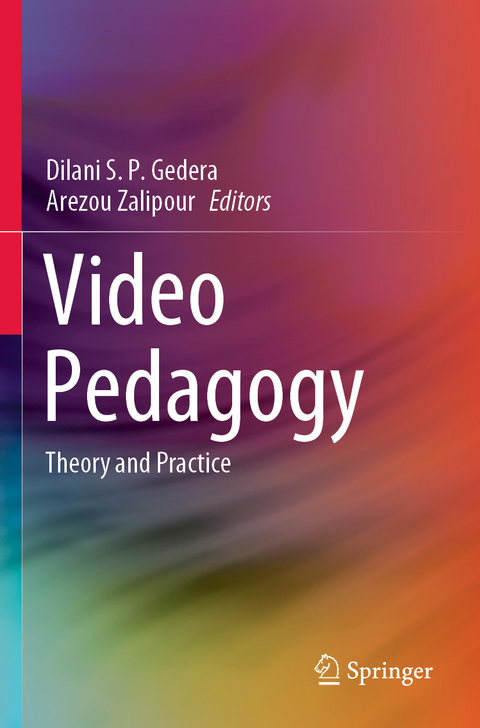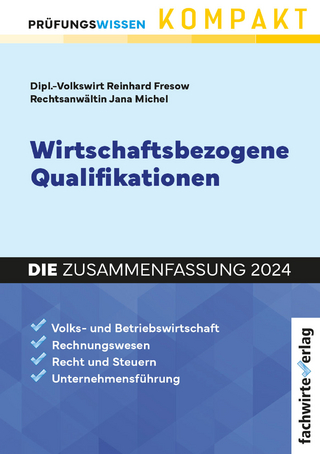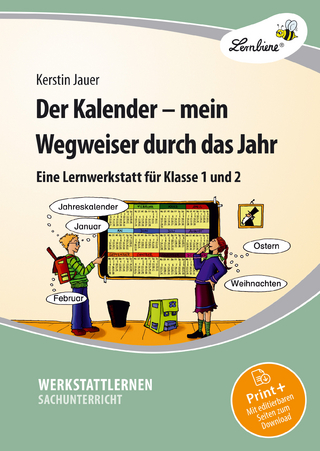
Video Pedagogy
Springer Verlag, Singapore
978-981-334-011-4 (ISBN)
Dilani Gedera holds a Ph.D. in E-learning from the University of Waikato, and is currently a Teaching and Learning Manager at Auckland University of Technology, New Zealand. Prior to that, she worked as E-learning Designer and Teaching Developer at the University of Waikato and Otago Polytechnic. She has taught and researched in higher education in Malaysia, Sri Lanka and New Zealand for 20 years. Dilani has led several institution-wide curriculum design and Learning Management System (LMS) review projects. Her research interests are video in learning and teaching, technology-enhanced learning, curriculum design, and technological pedagogical content knowledge. Dilani’s previous project led to the publication of the book Activity Theory in Education: Research and Practice (2016). She is currently working on a national research project on ‘University students’ experiences of online learning as a result of a pandemic’. Arezou Zalipour is an Associate Professor at the School of Communication Studies, Auckland University of Technology, New Zealand. She has worked in a variety of roles in higher education in several countries for more than 21 years. She has worked extensively on pedagogy and video technologies. Her research interests cluster around screen production, cinematic storytelling and film aesthetics, multiculturalism and diaspora in New Zealand, and screen practice as research. Her past project offered an innovative insight into New Zealand film through the first conceptualisation of ‘Asian New Zealand Cinema’, which inaugurated diasporic film and film-making in New Zealand. Arezou’s recent book Migrant and Diasporic Film and Filmmaking in New Zealand (2019) has generated significant media, public and industry interests. Currently, she is working on a screen production research project and the production of a documentary.
Chapter 1. Conceptualising Video Pedagogy.- Part 1: Video, Students, and Learning.- Chapter 2. Building Undergraduate Nursing Knowledge and Practice Through Video.- Chapter 3. Effectiveness of Multiple Types of Video for Learner Engagement in Business Education.- Chapter 4. Flipping the Classroom: Using Video to Enhance First-year Undergraduates’ Cultural Competency.- Chapter 5. Stop Motion: Being Precise about the Uncertainty of the Design Process in Architectural Education.- Chapter 6. Learning by Watching Others Learn: Vicarious Learning from Videoed Tutorials.- Chapter 7. Video and the Pedagogy of Expansive Learning: Insights from the Military Engineering Education.- Part 2: Video, Teachers, and Practice.- Chapter 8. Flipping Professional Learning Through Videos in Mathematics Education.- Chapter 9. Video as an Instructional Tool in Transforming Teachers’ Pedagogical Practices and Mentoring Skills in Physical Education.- Chapter 10. Examining an Activity System of Learners, Tools, and Tasks in a Video Club.- Chapter 11. Te Ara Motuhenga (Documentary Pathways): Developing Video-based Teaching and Learning Resources for Documentary Practice.- Chapter 12. A Practical Guide to Video-making for Teachers: Key Principles and Tools.
| Erscheinungsdatum | 04.03.2022 |
|---|---|
| Zusatzinfo | 45 Illustrations, color; 7 Illustrations, black and white; X, 242 p. 52 illus., 45 illus. in color. |
| Verlagsort | Singapore |
| Sprache | englisch |
| Maße | 155 x 235 mm |
| Themenwelt | Schulbuch / Wörterbuch ► Unterrichtsvorbereitung ► Unterrichts-Handreichungen |
| Sozialwissenschaften ► Pädagogik | |
| Schlagworte | Augmented Reality for Teaching and Learning • Augmented Reality in Education • flipped learning • Immersive Video for Teaching and Learning • Immersive Video in Education • Interactive Video for Teaching and Learning • Interactive Video in Education • Video for Learner Engagement • Video in Teaching and Learning • Video Pedagogy in Education • Virtual Reality for Teaching and Learning • Virtual reality in education |
| ISBN-10 | 981-334-011-8 / 9813340118 |
| ISBN-13 | 978-981-334-011-4 / 9789813340114 |
| Zustand | Neuware |
| Haben Sie eine Frage zum Produkt? |
aus dem Bereich


